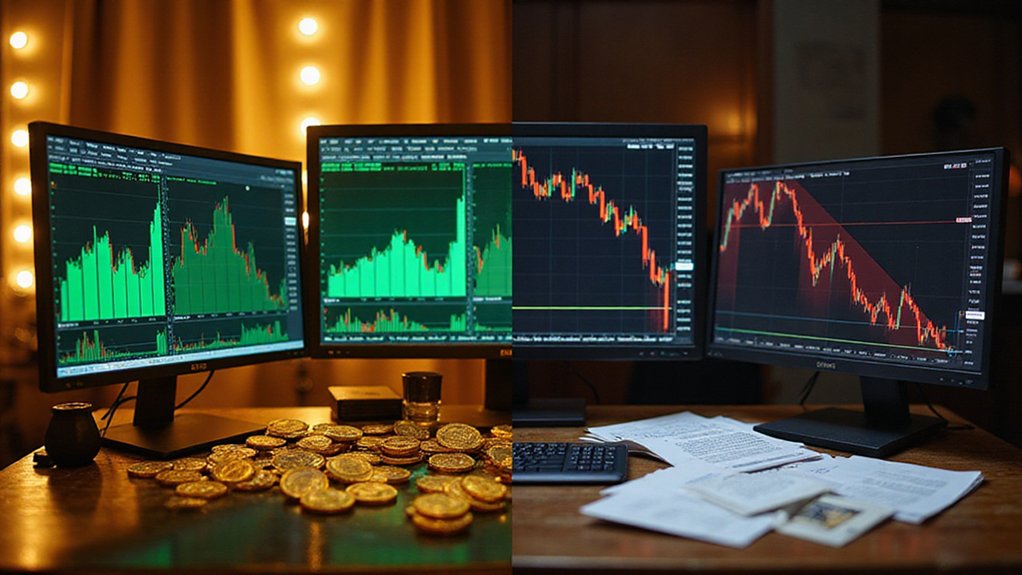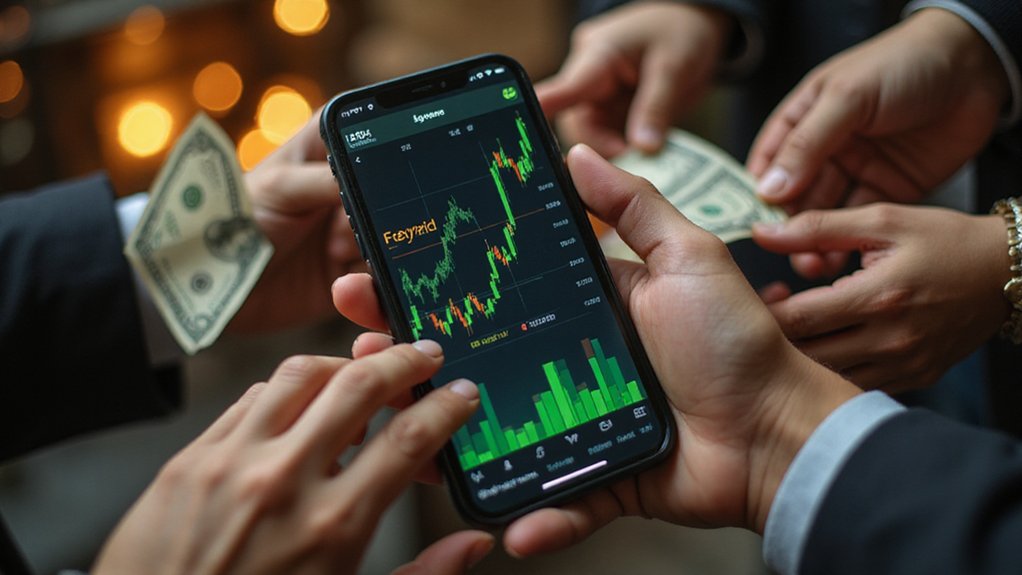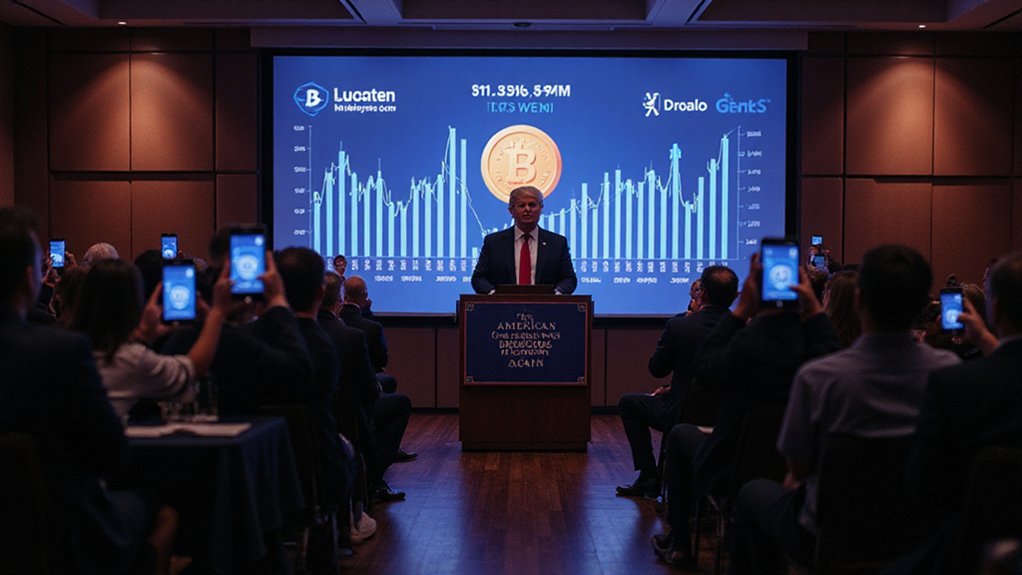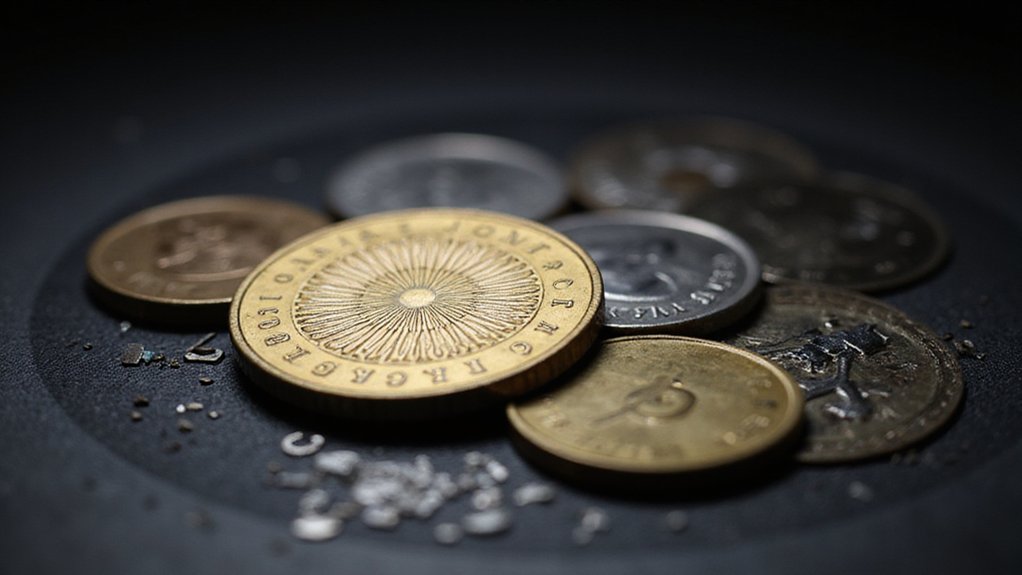When does presidential branding cross the line from political theater into financial farce? The Trump family’s venture into cryptocurrency with the $TRUMP memecoin has created a spectacular collision between political power and digital asset speculation that would make even seasoned Wall Street observers pause.
Launched on January 18, 2025, via the Solana blockchain, $TRUMP achieved something that most legitimate projects spend years attempting—a $10 billion market capitalization within days, catapulting it into the top 25 digital assets. This meteoric rise occurred despite the token possessing no intrinsic value or underlying project infrastructure, relying entirely on hype and community-driven speculation fueled by its association with the sitting president.
The Trump family’s aggressive promotion of the memecoin has drawn sharp criticism for leveraging personal brand equity for financial gain. Critics argue this creates unprecedented conflicts of interest, blurring the boundaries between official presidential duties and private profit motives. The situation escalated dramatically with an exclusive dinner hosted May 22, 2025, at Trump’s Virginia golf club, where top $TRUMP investors received invitations—a move that sparked immediate legal and ethical scrutiny.
Legal experts have raised serious questions about campaign finance law compliance, particularly regarding potential foreign national involvement. The dinner invitation controversy has triggered allegations of selling presidential access, with national security implications that extend far beyond typical political fundraising concerns. Regulators are now investigating potential improprieties while Democrats and watchdog groups demand accountability.
The memecoin’s market dynamics reflect pure speculation—price movements driven by social media cycles and news coverage rather than fundamental analysis or utility. This volatility, while attracting traders seeking quick profits, exemplifies the risks inherent in politically-branded digital assets.
Representative Robert Garcia (D-CA) has publicly criticized the Trump family’s crypto ventures, joining a growing chorus calling for investigations into ethics violations. The controversy has amplified public awareness of memecoin volatility while potentially setting precedent for future political figure involvement in digital assets.
Trump’s broader cryptocurrency strategy includes plans for a government crypto reserve that would include Solana alongside Bitcoin, Ethereum, XRP, and Cardano, aiming to elevate these digital assets within his administration’s policy framework.
As investigations continue and regulatory scrutiny intensifies, the long-term implications remain uncertain. The $TRUMP memecoin saga may ultimately reshape how political figures interact with cryptocurrency markets, though whether through regulation or reputation remains to be determined.









